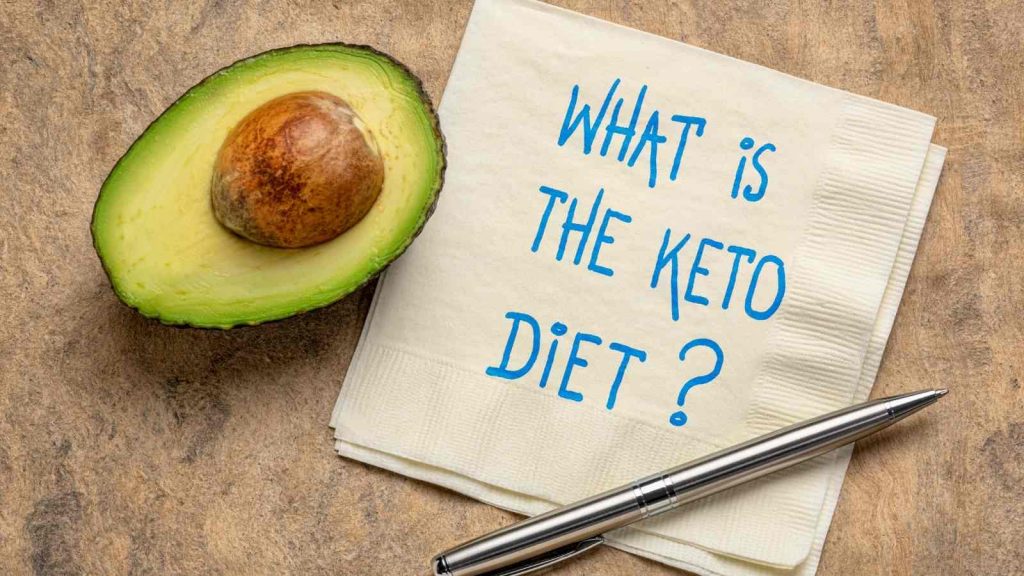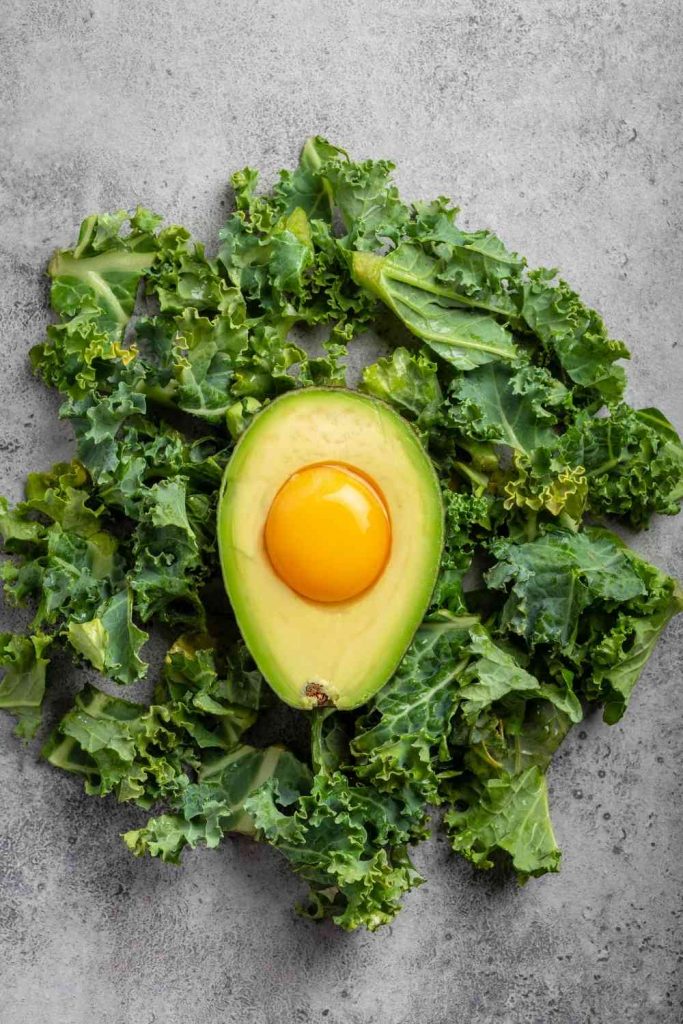Before starting the ketogenic diet, a lot of individuals have questions. As a result, we've produced a collection of answers to the most often asked questions.

What exactly is keto-adaptation and how does it feel?
The phrase "keto-adaptation" refers to your body's ability to switch from burning mostly glucose to using ketones created by burning body fat as a source of energy.
It will take a few days or weeks to get into ketosis and feel your best. You may have carbohydrate withdrawal symptoms at first, but after you've become fat-adapted, you won't need carbohydrates nearly as much.
read also: How Low Carb Is Keto?
What exactly is the "keto flu," and how can I prevent getting it?
Glucose has always been your body's principal source of energy. As a result, when you substantially reduce carbohydrate intake, the body goes into shock, finally switching its metabolism to fat burning.

This time of adaptation is what produces the flu's slight physical weakness or lack of energy. This is a transitory condition, and a few preventative actions, such as staying hydrated and eating adequate salt, may help with the change. To learn more about practical strategies visit to avoid the keto flu, go to our keto side effects page.
How long does it take to adjust to a ketogenic diet?
Keto-adaptation may last up to four weeks, according to most scientific articles and anecdotal findings. The more dedicated you are to avoiding carbohydrates during the first few weeks of a ketogenic diet, the faster you will adjust to the diet. You may also speed up the process by indulging in any kind of persistent physical exercise that forces your body to use its fat reserves.
read also: List Of Keto Diet Foods
What does it mean to be in a state of ketosis?
Ketosis occurs when your body, namely your liver, produces increased quantities of ketone bodies to provide energy to your brain, heart, and muscles. Carbohydrates must be controlled adequately, and protein consumption must be limited to a particular amount - as mentioned on our protein and keto page. A state of ketosis may occur at any moment, but with practise, you'll be able to remain ketotic for longer.

I'm not sure how to know whether I'm in ketosis
If you're in ketosis, you'll notice a few unmistakable indications. If you wake up with a fruity, metallic taste in your mouth, popularly known as keto breath, it means your body is producing ketones properly. When your body is running high on ketones, you may also notice a mental sharpness.
If you want to be sure if you're in ketosis, you may utilise home testing like blood tests, urine tests, or a breathalyser.
read also: A Keto Diet For Beginners
What may throw me out of ketosis, and how can I rapidly get back into it?
Getting out of ketosis is simple. It frequently occurs shortly after meals, even if they include just a small to medium quantity of carbohydrates, and may linger for many hours. This is typical; if glucose is accessible, your body will always opt to resort to it.

We don't propose using keto esters (basically ingested fake ketones) to hack ketosis since they haven't been thoroughly clinically tested yet. However, there are a few substances that may aid in the ketosis process. Fasting times or the use of specific forms of fat that are particularly ketogenic, such as MCTs, are examples of this.
Should I keep track of my ketones? If so, how would you go about doing it?
You can monitor your ketone levels in a number of different methods, depending on your budget. Urine ketone strips are the simplest to get and are very inexpensive, allowing you to test more often. However, they only provide an estimate of your ketone levels' range. Check out our guide on measuring ketones on a ketogenic diet if you want to learn more about how your body is responding to a ketogenic diet.
read also: 10 Tips For Cooking And Meal Preparation
Will the diet help me lose weight and lower my blood sugar levels?
The ketogenic diet's ability to help individuals lose weight and reduce blood glucose levels are two of its key advantages.
If you're using a medicine that might induce hypos, such as insulin, sulphonylureas, or glinides, you'll need to be cautious to prevent hypos. Speak with your doctor, who will be able to advise you on how to limit the risk of hypos.
Is it necessary for me to keep track of my calories or follow a calorie-restricted diet?
No, however there is a kind of ketogenic diet called a calorie-restricted ketogenic diet that is calorie-restricted explicitly. A ketogenic diet, on the other hand, maybe consumed till fullness if followed appropriately.

This is due in part to the fact that the diet normally prevents weight gain by lowering insulin levels, which are responsible for fat accumulation.
What do the terms "insulin load" and "glycemic index" mean?
The insulin load of a food refers to how various foods affect insulin levels in different ways. The glycemic index (GI) indicates how rapidly or slowly a meal can raise blood glucose levels. High GI foods should be avoided on a ketogenic diet since they do not encourage ketosis. To learn more about this, go to our article on which foods to consume on a ketogenic diet.
Can I still follow a ketogenic diet if I'm physically active?
Many individuals are afraid that a ketogenic diet and a high-energy lifestyle are incompatible. Ketones, according to research, might really help you perform better.
However, when trying to become fat-adapted, you should limit your exercise intensity or avoid doing anything that requires a lot of glucose. On our page on exercise on a ketogenic diet, you may learn more about this topic.
read also: 10 Healthy Low-Carb Snack Ideas
Is it necessary to include carbohydrate re-feed days?
There are several forms of ketogenic diets, some of which allow you to live a bit more normal life with carb re-feed days. These may be useful as part of a ketogenic diet's induction phase, for energetic persons who require carbohydrates around the time of their exercise, or to accommodate social situations. You can learn more about the many forms of ketogenic diets on our page on ketogenic diets.

What's the difference between a ketogenic diet and a low-carbohydrate diet?
Ketogenic diets are a kind of low-carbohydrate diet that is somewhat more severe. While 150 grammes of carbohydrates per day is considered low carb, getting into ketosis generally necessitates cutting carbs to less than 50 grammes per day. In addition, a ketogenic diet is rich in fat and low in protein.
Is it possible to do intermittent fasting while on the keto diet?
Yes, you certainly can. It's a great way to increase ketone levels and fat burning. However, before doing it, you should first become keto-adapted.




